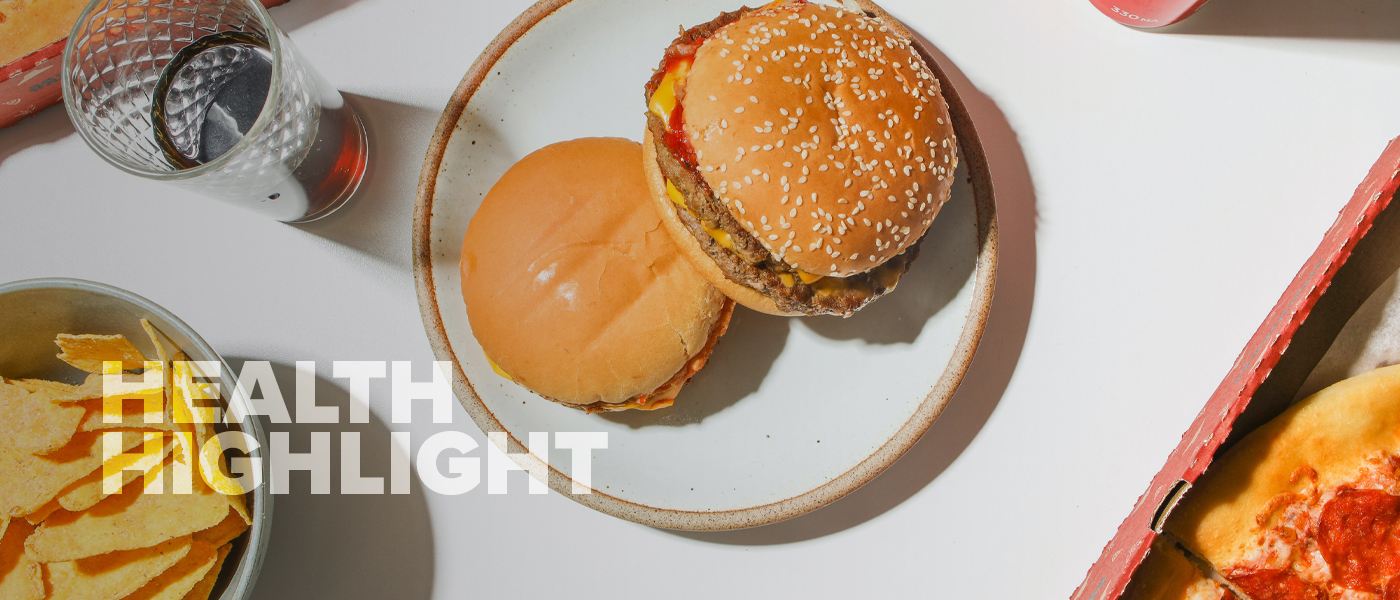It’s easy, right? After a long day of work, gym, appointments after work, etc., you want EASY.
Some of us gravitate towards processed food options for our next meal because of the lack of preparation needed when we are just plain exhausted and hungry. We are starting to hear it more and more, that processed foods are just bad for you. But, is this always the case?
What is a Processed Food?
I bet you did not know that pretty much all of the food at your local supermarket is considered processed to some degree. When a food is altered from its natural state, that means it has been processed. Unless you are eating a food raw, than it has been processed. Foods can have preservatives as well as vitamins added to them to help combat harmful bacteria. So, what is so wrong now? Well, we want to emphasize that the foods that undergo multiple processing steps are the foods you should really stay away from. These are the foods that contain high fructose corn syrup, hydrogenated fats, artificial flavors and colors, high levels of salt, and food additives to alter taste and appearance. Examples of these foods include cookies, chips, cereals, and fast food. Too much processing negatively impacts our health. You could potentially be facing heart conditions, high cholesterol, digestive issues, or even cancer. What is another major downer is that these foods that are highly processed have a higher carbon impact on the environment. Yuck.
What are the Best Options?
It is always worth reading the labels. When going to the grocery store, spend time reading labels. Better yet, get into the habit of planning your meals ahead of time so you can make a grocery list that limits processed food options. As we have discussed, processed food is everywhere. The foods we don’t mind keeping around are the ones that have been very minimally processed. If you see a food label with an extremely lengthy list of ingredients, just skip it. Keep in mind, most labels will contain information on sugar and salt for example. Pay attention to the amounts. Low levels are not necessarily a bad thing. Foods such as canned vegetables, extra virgin olive oil, unsweetened yogurt, frozen fish, and low-sugar cereals are just some examples. This also goes for fast food. Most fast food places offer nutritional information online, so check this out prior to entering that drive-thru.
And those Oreos? Don’t toss them quite yet. Think about your current intake of highly processed foods. If you limit these to a higher degree, you should be OK. Discussions about your food intake and concerns about processed foods could always be reviewed with your primary care physician. Remember, everything in moderation!
